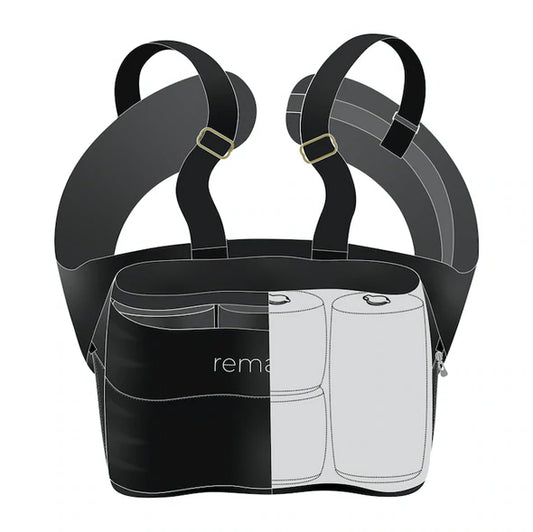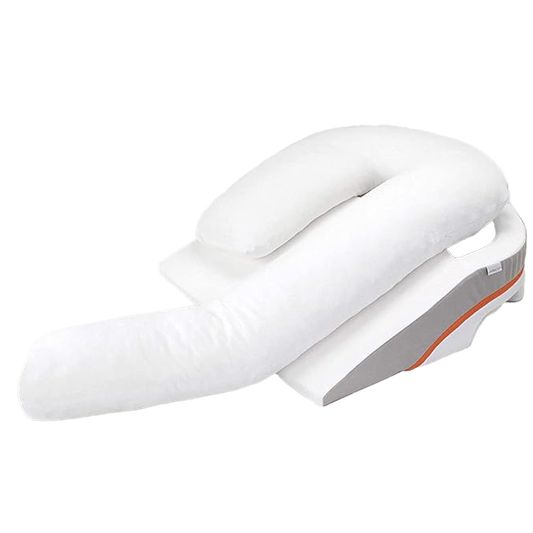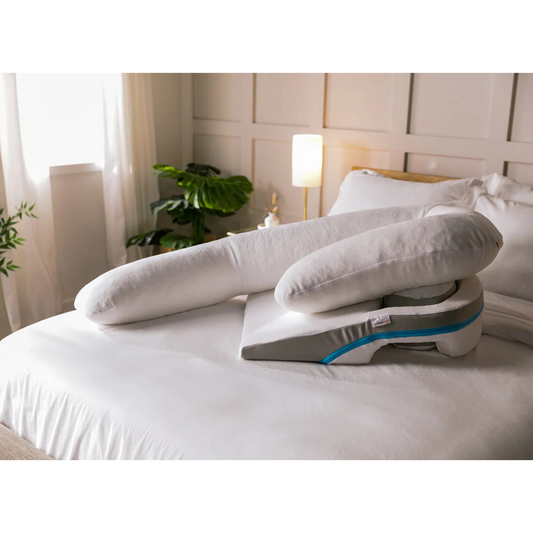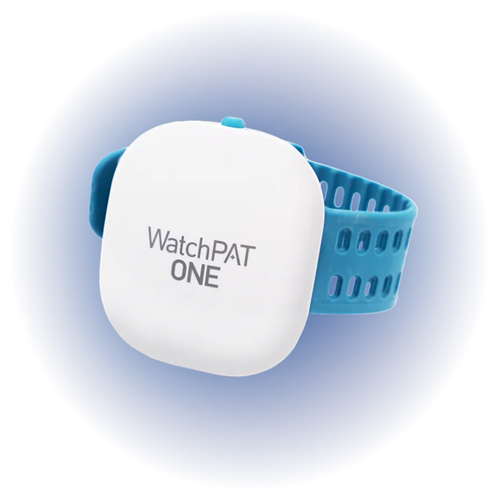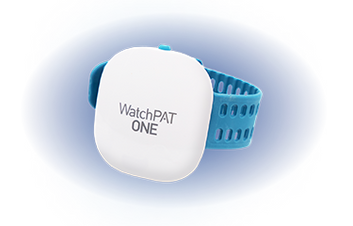-
Rematee Expandable Bumper Belt
Sale price $ 12583Unit price per -
MedCline Acid Reflux Relief Wedge and Body Pillow System
Sale price $ 24999Unit price per -
MedCline Shoulder Relief System
Sale price $ 24999Unit price per
